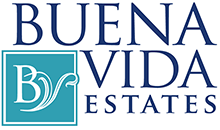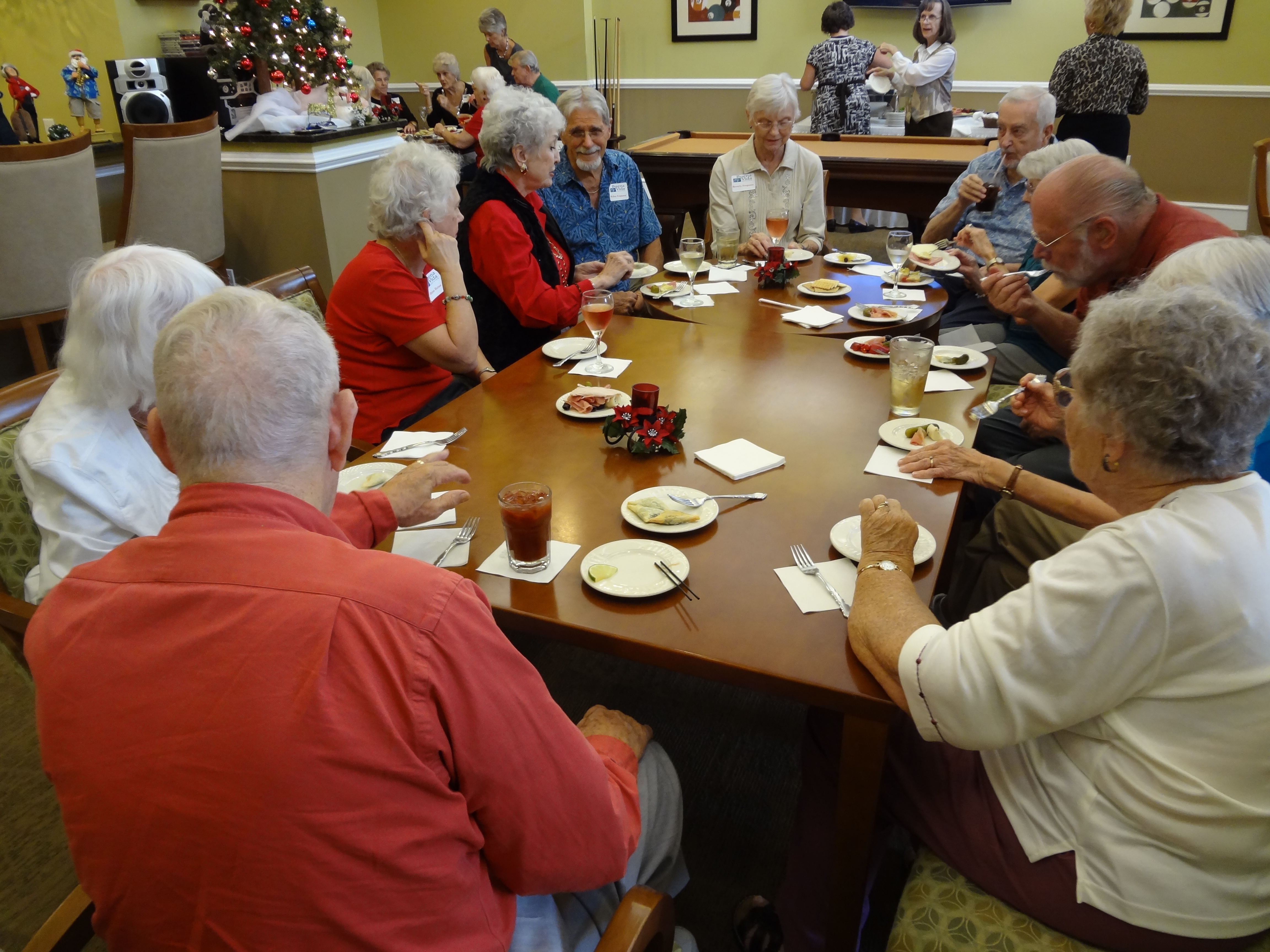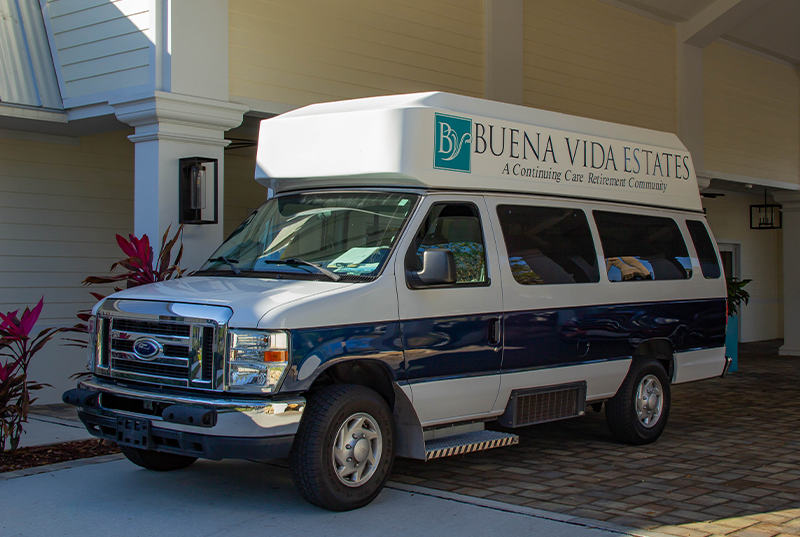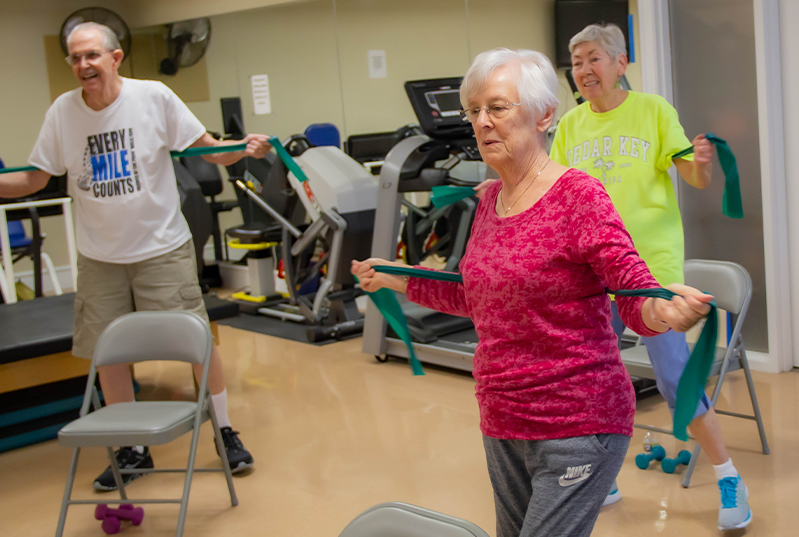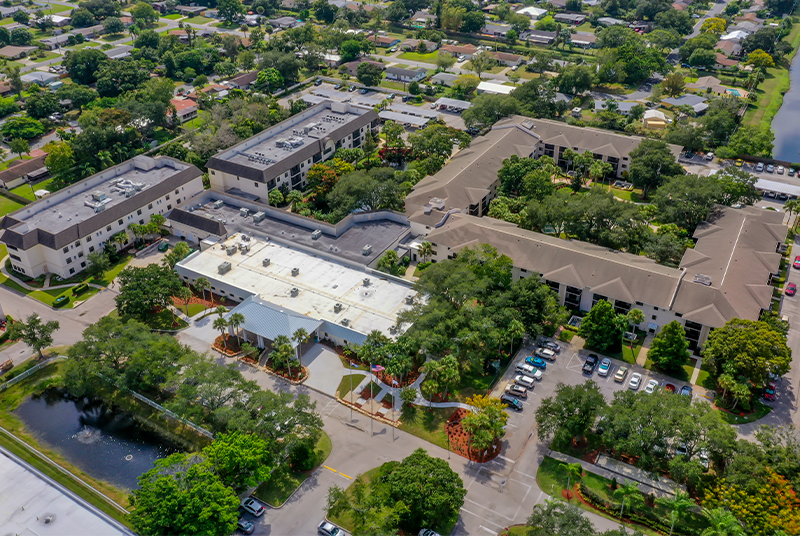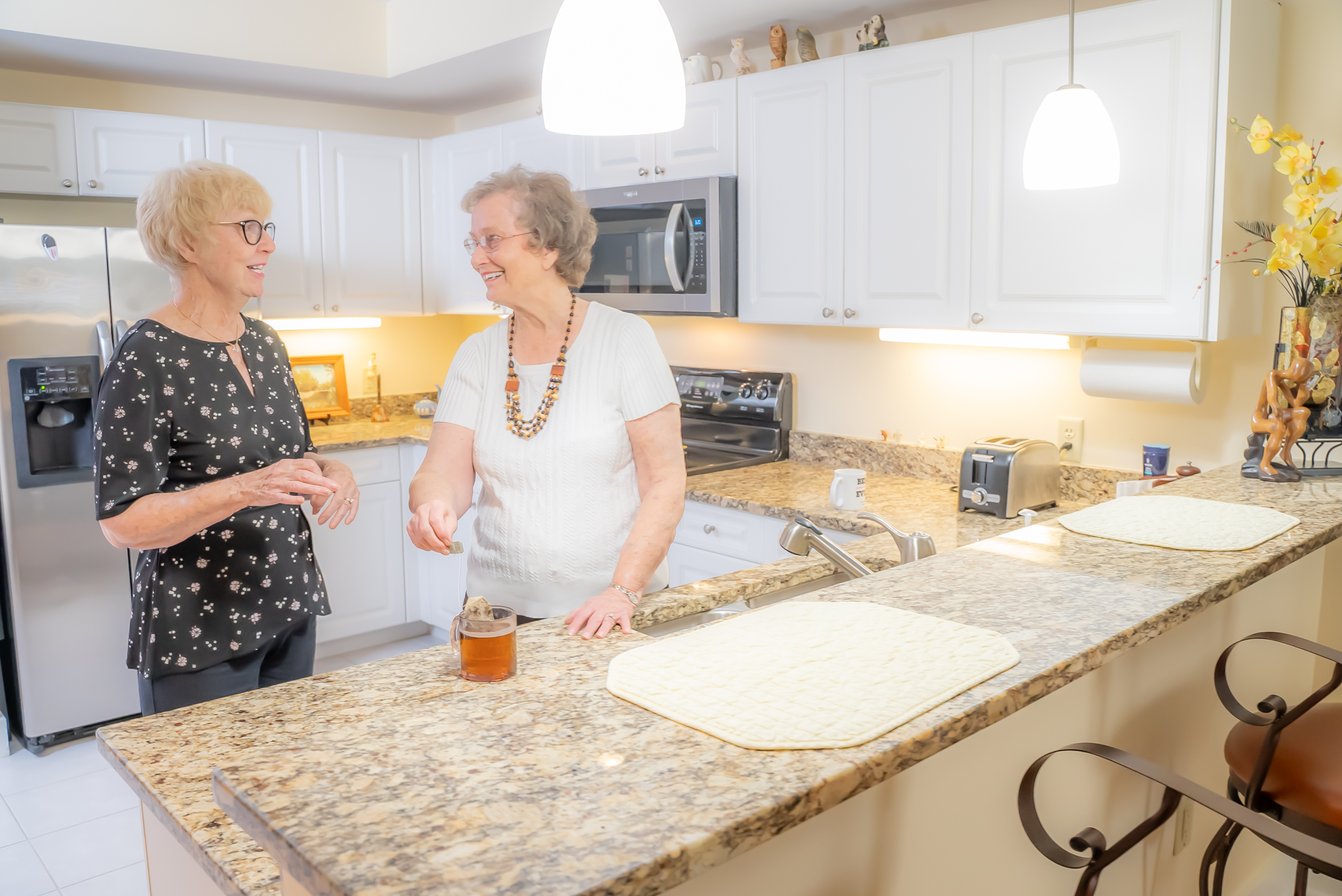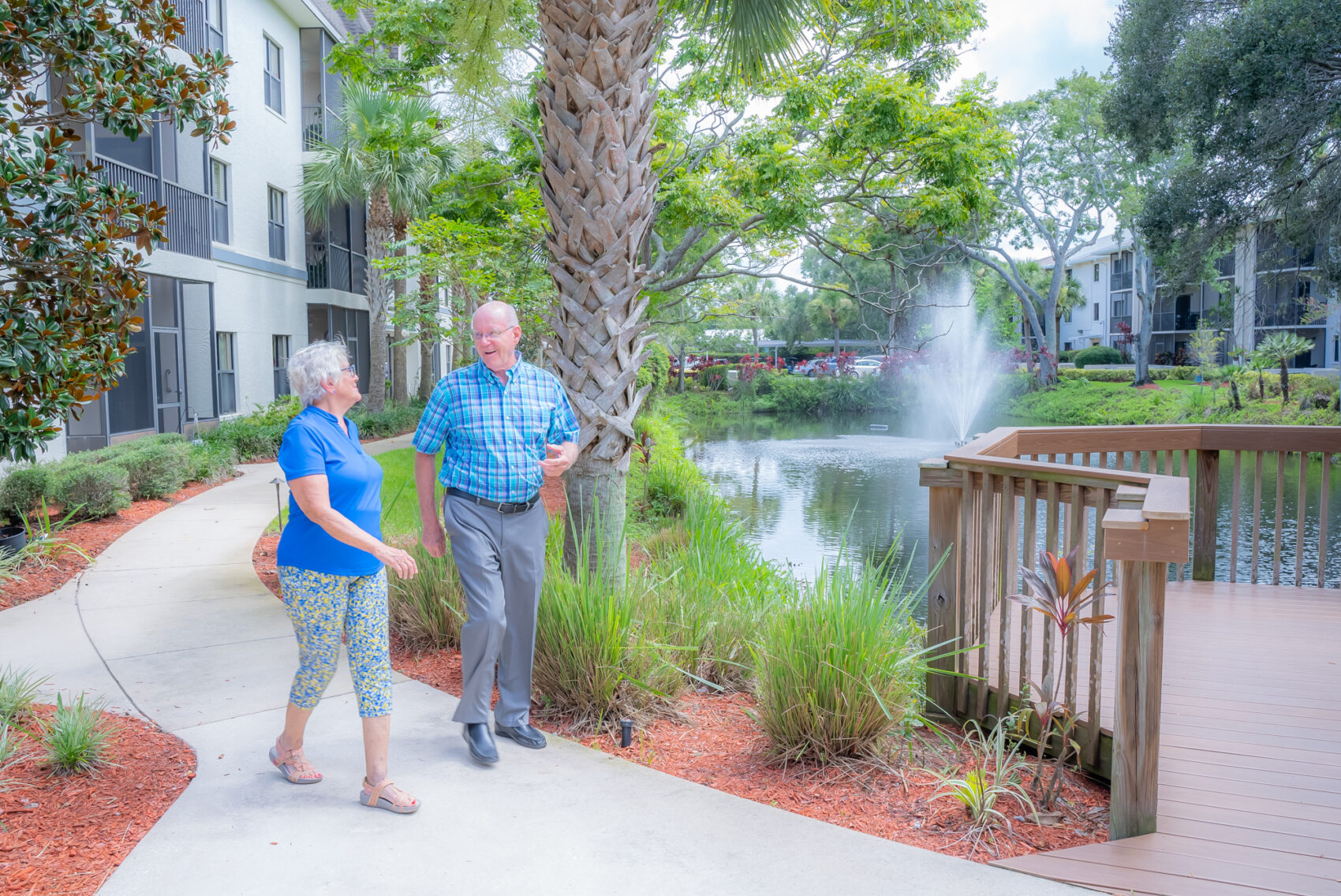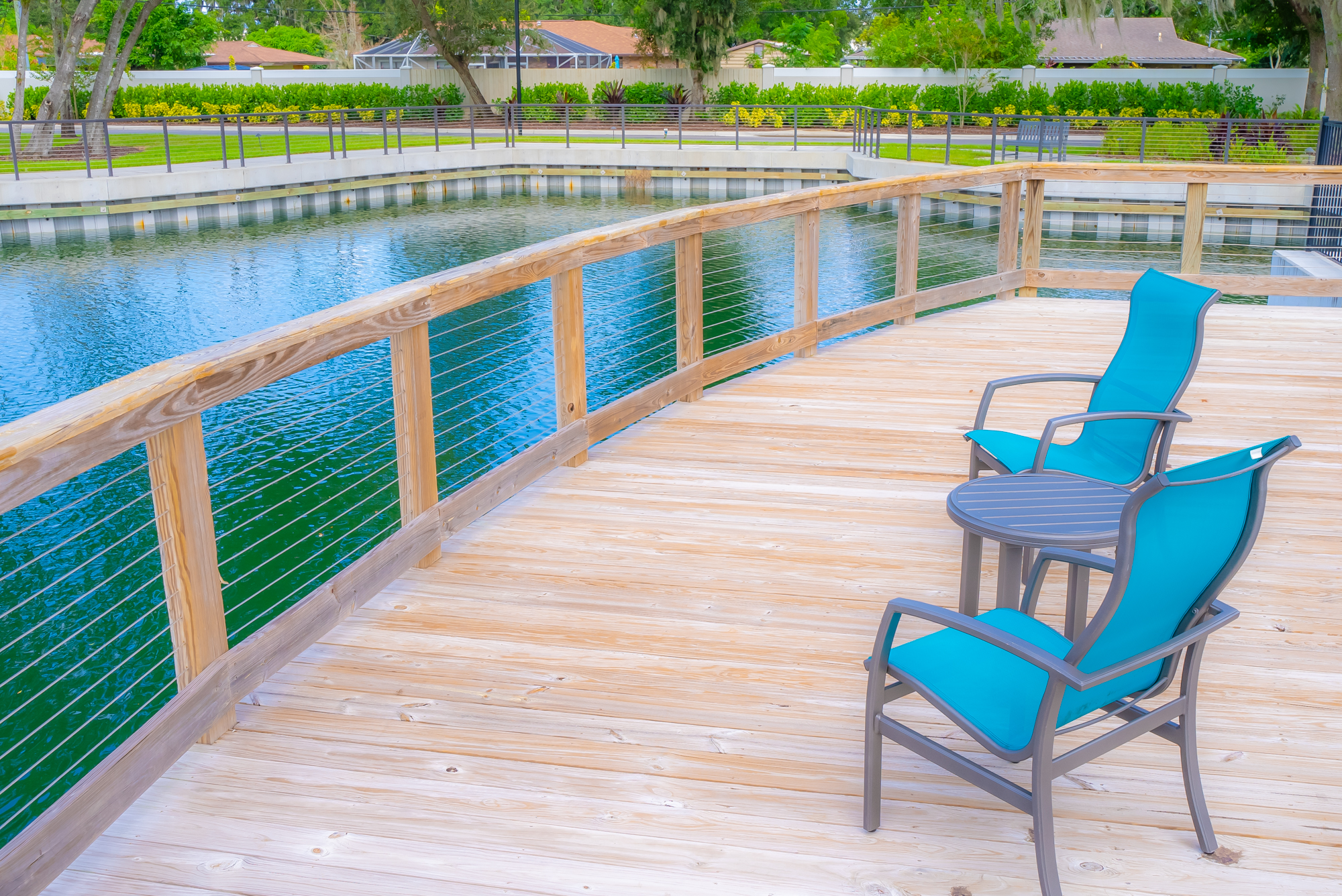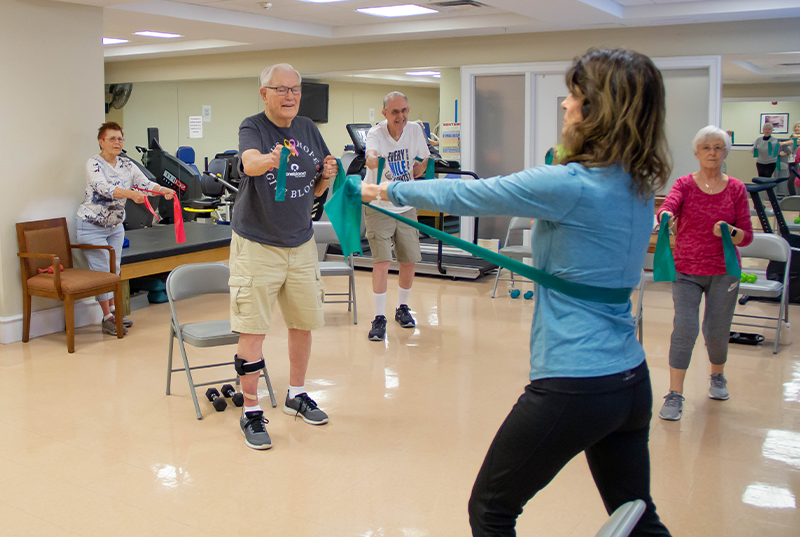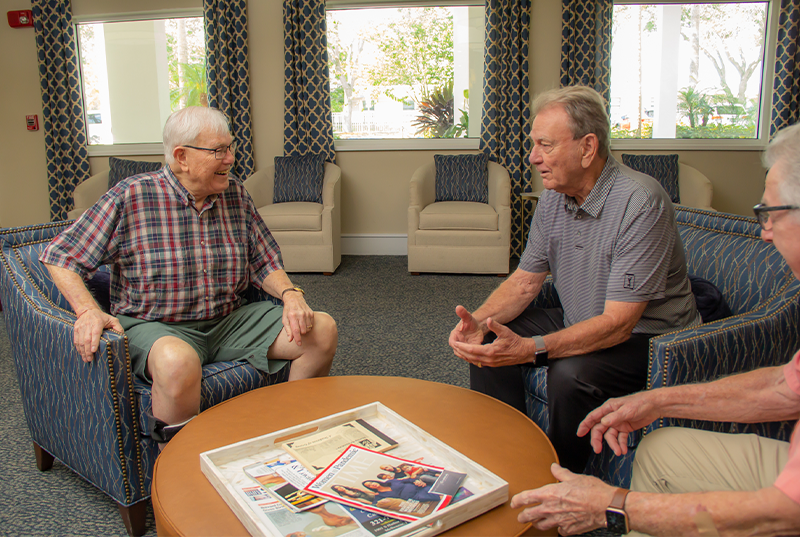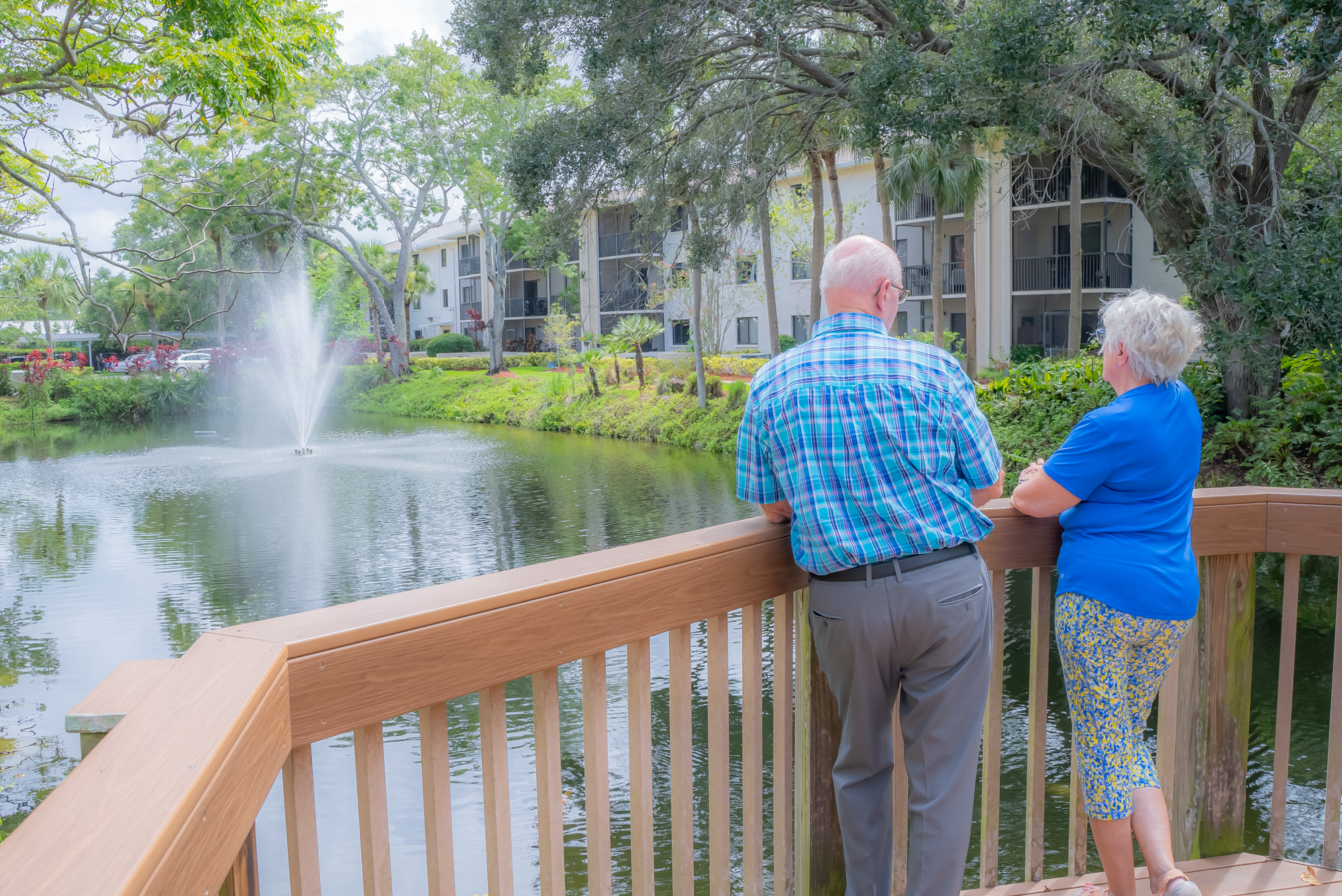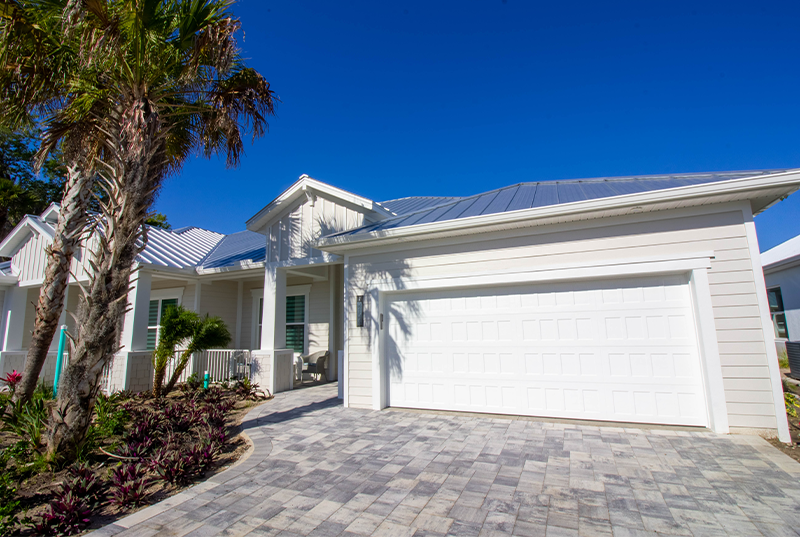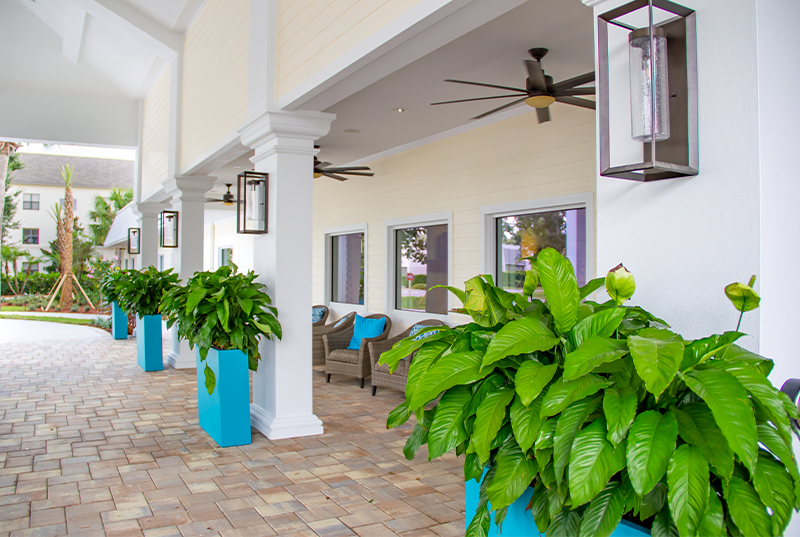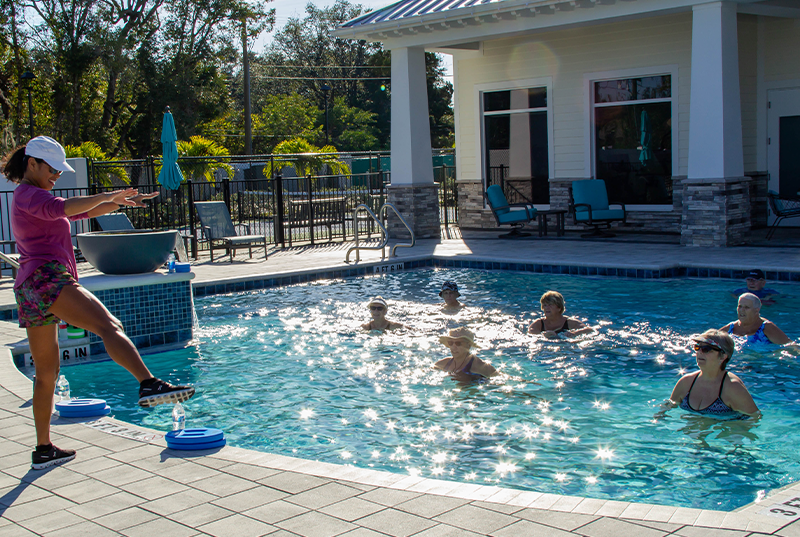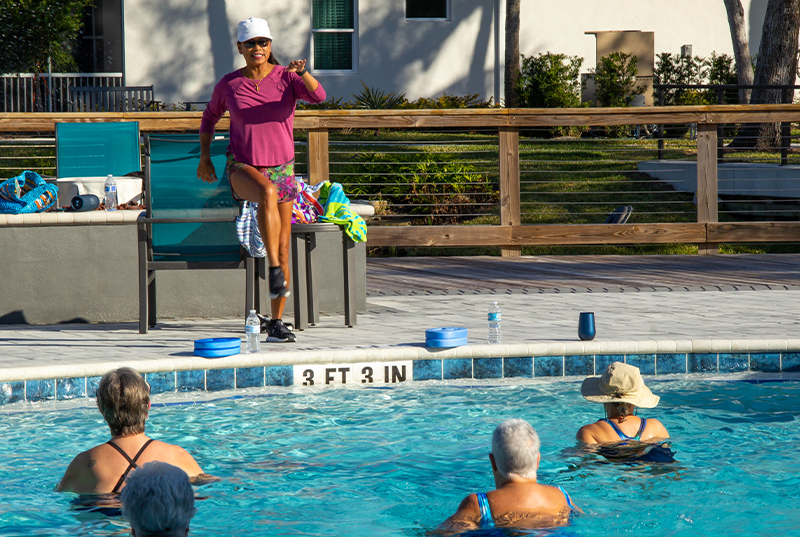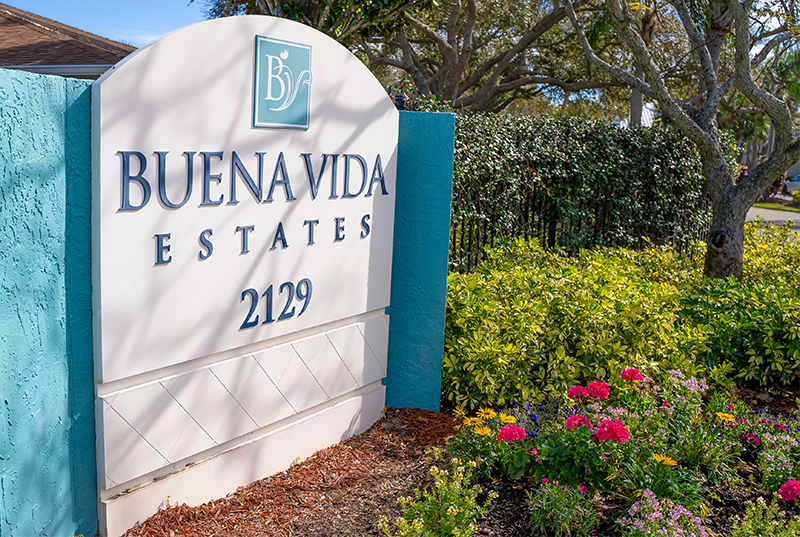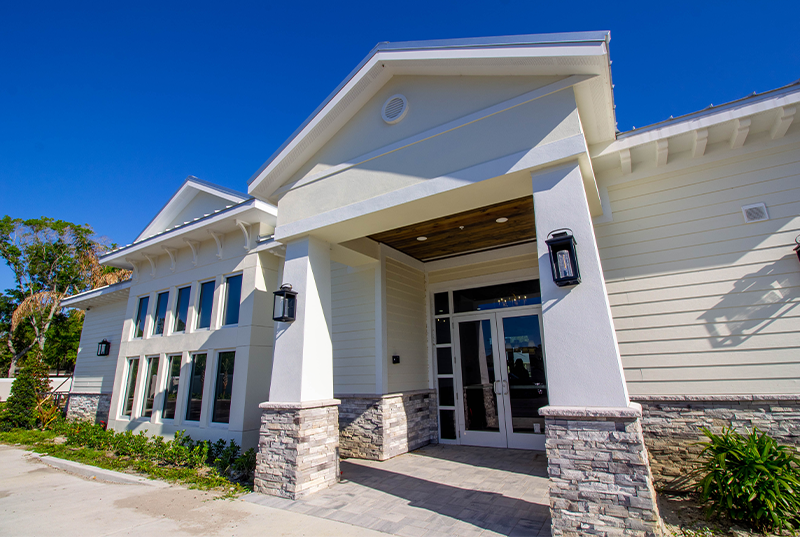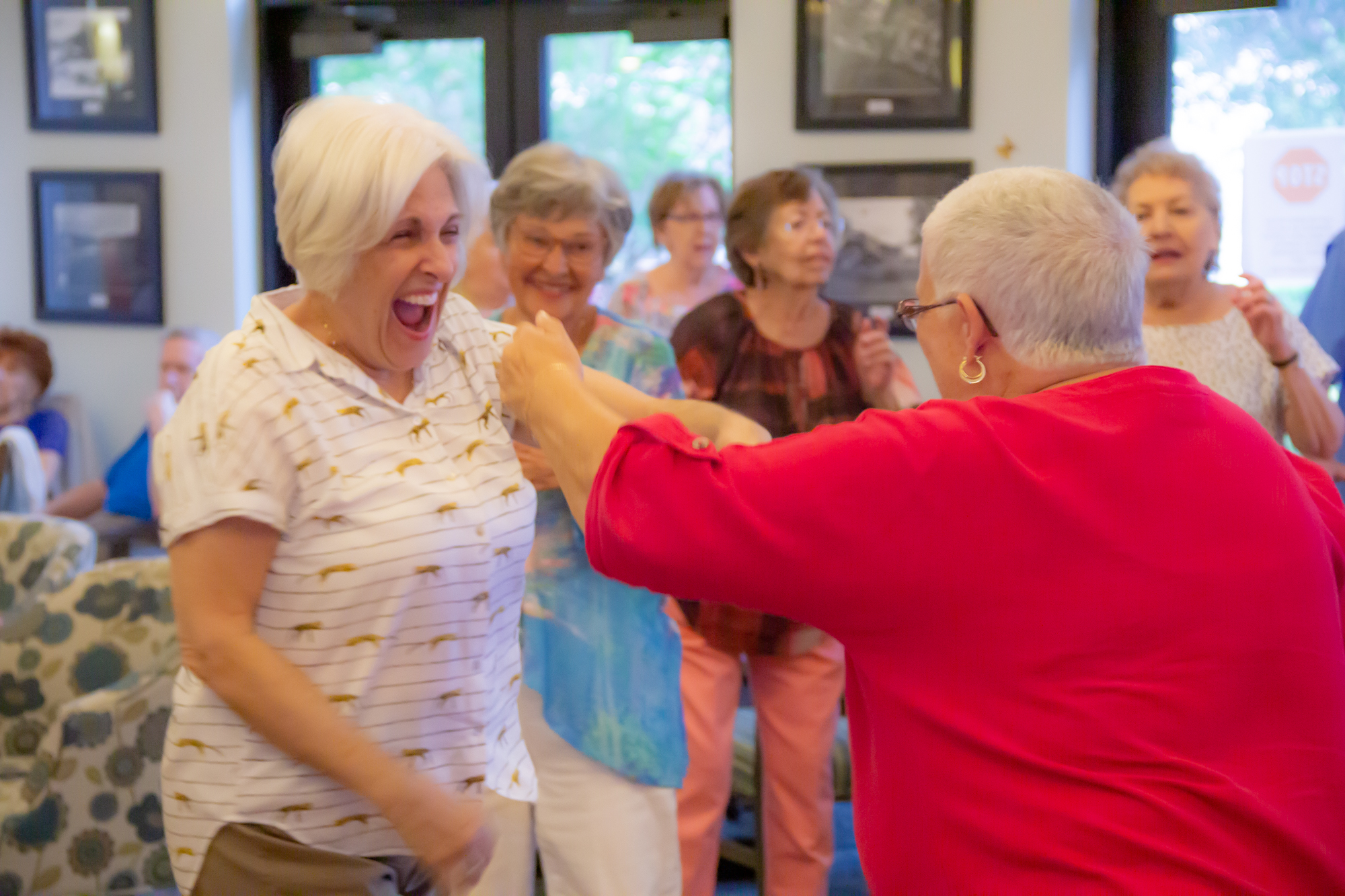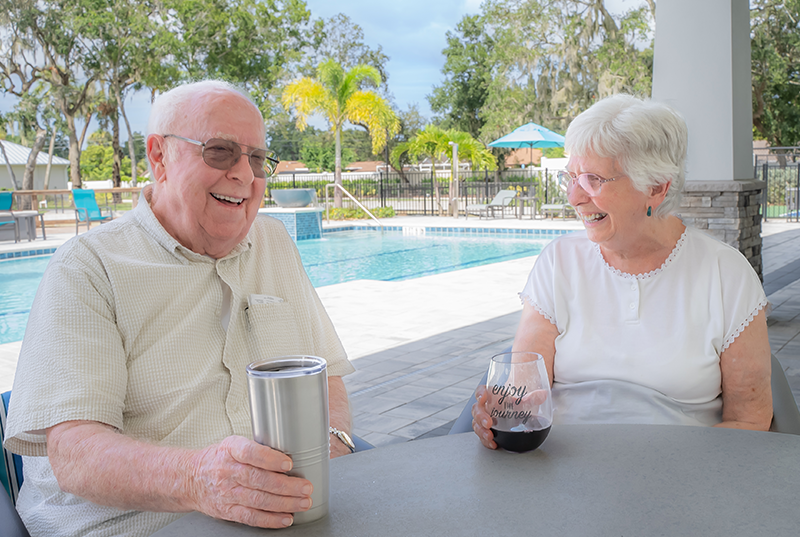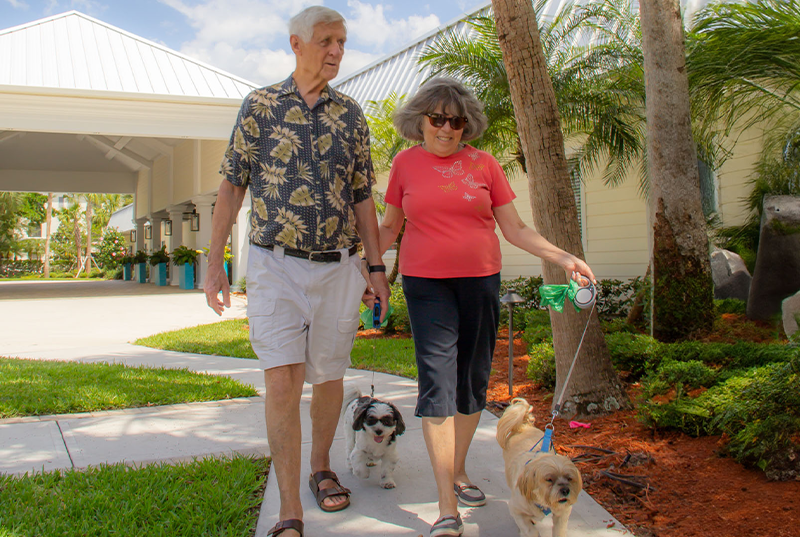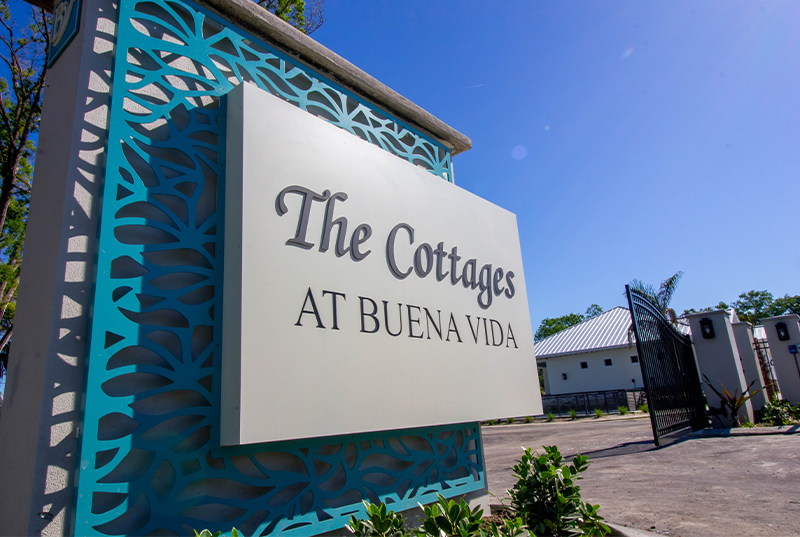How Will You Fund a Move to a Life Plan Community?
 Deciding to move to a life plan community, also known as a Continuing Care Retirement Community (CCRC), is a huge step in planning for a secure and fulfilling future. However, funding this move requires careful planning and understanding the financial options available. Here’s a look at how life plan communities structure their contracts and potential funding sources to make your move smoother and more financially sound.
Deciding to move to a life plan community, also known as a Continuing Care Retirement Community (CCRC), is a huge step in planning for a secure and fulfilling future. However, funding this move requires careful planning and understanding the financial options available. Here’s a look at how life plan communities structure their contracts and potential funding sources to make your move smoother and more financially sound.
Understanding Life Plan Community Contracts
When joining a life plan community, new residents sign a contract outlining their chosen housing, payment plan, and care services. There are three different types of residency contracts that exist (A, B & C).
- “Type A” is the most exclusive and provides the highest level of protection and is what Buena Vida Estates offers. A “Type A” contract provides a contractual commitment to care and services over one’s lifetime. This includes guaranteed access to assisted living, memory support, and skilled nursing care. In addition, “Type A” provides financial protection should someone deplete their assets (beyond their control). This level of protection assures residents the peace of mind of knowing that they are safe and financially secure during their lifetime. Buena Vida is the only “Type A” program in Brevard County.
- “Type B” contract provides for a predetermined number of days of care at a discounted rate. Additional days are billed at market rate.
- “Type C” contract, residents pay current market rate for care services. These rates vary depending on the specific care required.
Funding Your Move to a Life Plan Community
Funding a move to a life plan community often involves a mix of financial strategies. Here are some of the most common options:
- Selling Your Existing Home: Many residents sell their homes and use the proceeds to pay their one-time entry fee or monthly service fees, making this a popular funding choice.
- Bridge Financing: For those awaiting a home sale, a home equity line of credit (HELOC) can serve as temporary financing. This allows for smaller, interest-only payments until the home is sold.
- Retirement Account Withdrawals: Withdrawing funds from retirement accounts, like IRAs or 401(k)s, can be effective but may have tax implications. It’s important to consult a tax advisor before making significant withdrawals to avoid penalties.
- Sales of Securities: Selling stocks, ETFs, or mutual funds can raise funds quickly. However, consider capital gains taxes and how this impacts your overall tax rate, so discuss this option with a financial planner.
- Loans Against Securities: If you’d rather keep your investments, some institutions offer loans with securities as collateral. But be careful of market volatility when choosing this option.
- Life Insurance Options: Life insurance policies can be sold or borrowed against if they’re no longer essential, potentially serving as a funding source for senior living costs.
- Long-Term Care Insurance (LTCi): Many LTCi policies cover some of the long-term care expenses at a life plan community. Understanding the specifics of your policy is key to maximizing its benefits.
- Veterans’ Benefits: Veterans and their spouses may qualify for VA Aid and Attendance benefits to help cover long-term care expenses, offering additional financial relief for eligible residents.
Planning for your future at a life plan community like Buena Vida Estates involves understanding these various funding strategies and selecting the one that best fits your financial situation. With a sound financial approach, you can transition smoothly into a vibrant community designed to provide peace of mind and quality care for years to come.
